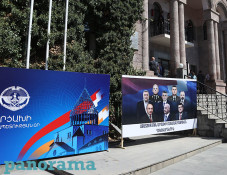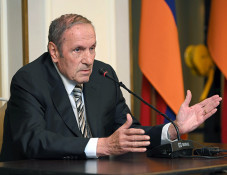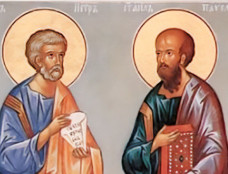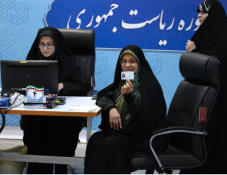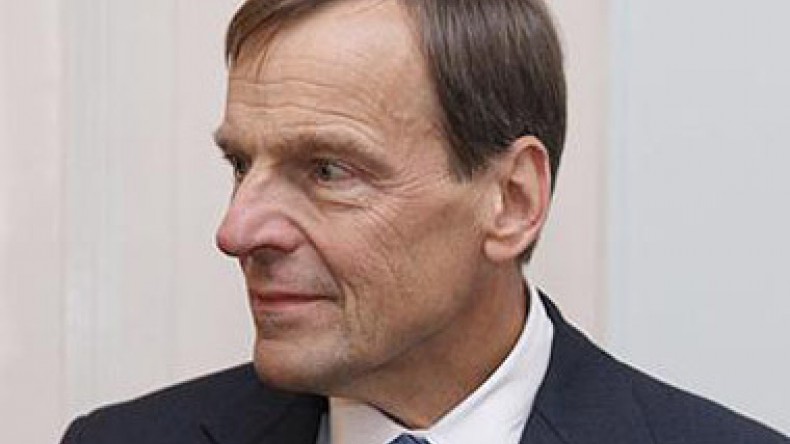
Robert Bradtke: Armenia, Azerbaijan closer than they think on Nagorno-Karabakh
Ambassador Robert Bradtke, the U.S. co-chair of the OSCE Minsk Group, had an interview with RFE/RL Washington correspondent, he reflected on the progress made in NK conflict, and the obstacles that abound, in mediating between Armenia and Azerbaijan.
Asked looking back on 20 years of work by the Minsk Group, what the US Ambassador would say are its main achievements, Robert Bradtke answered:
“I think the Minsk Group has done three important things. First of all, it has helped be a factor for stability. It has helped defuse tensions. The second thing the Minsk Group has done is be a channel for communication between and among the parties. The parties don't have the capability, necessarily, to talk directly to one another, so when we travel to the region or when we meet the leaders outside the region, we hear their views and we can convey those views to the other party in a way that helps them, perhaps, to understand each other better. And the third thing that was part of our mandate that we have done in this period is to develop a common basis for negotiation. In the past 5 years in particular, that has been the focus of the work of the co-chairs -- to develop this framework document, called the Basic Principles [which include the return of Armenian-occupied lands surrounding Nagorno-Karabakh to Baku’s control; the right of return for displaced persons; interim status for Nagorno-Karabakh with security and self-governance guarantees; a corridor linking Armenia and Nagorno-Karabakh; and an agreement to determine the territory’s final legal status at some point in the future]. We've worked very hard with the parties to try to develop this framework document.”
Referring to the efficiency of the group, Mr. Bradtke said: “I don't think that the problem of our inability to reach a peace agreement has been the format of the Minsk Group or the format of the co-chairs. The problem is that these are very difficult questions. The differences between the sides are very great, and frankly, there's a lack of trust. Changing the format is not going to address any of those things.” Ambassador Bradtke emphasized that rather than starting over again from some new perspective with some new format, it’s better to move ahead.
Robert Bradtke has underlined that status quo is unacceptable. “And for that reason, I think that in 20 years, we must resolve this conflict. We must make progress in resolving this conflict. We cannot in 20 years look back and see the same situation we have today. One of the things I feel is important here as well is [that] the sides are probably closer to an agreement than they think they are. Because of the lack of trust, it makes it harder for them to see this.”
US Ambassador has concluded: “So as I say, if you step back from this process and you look at it objectively, the sides are actually closer than they think they are. If we can move in this period ahead -- in this year, particularly -- to create this sense of common partnership in finding a peaceful solution [and] recognizing how to address the concerns of the other side, then I think we can make some progress.”
Newsfeed
Videos








